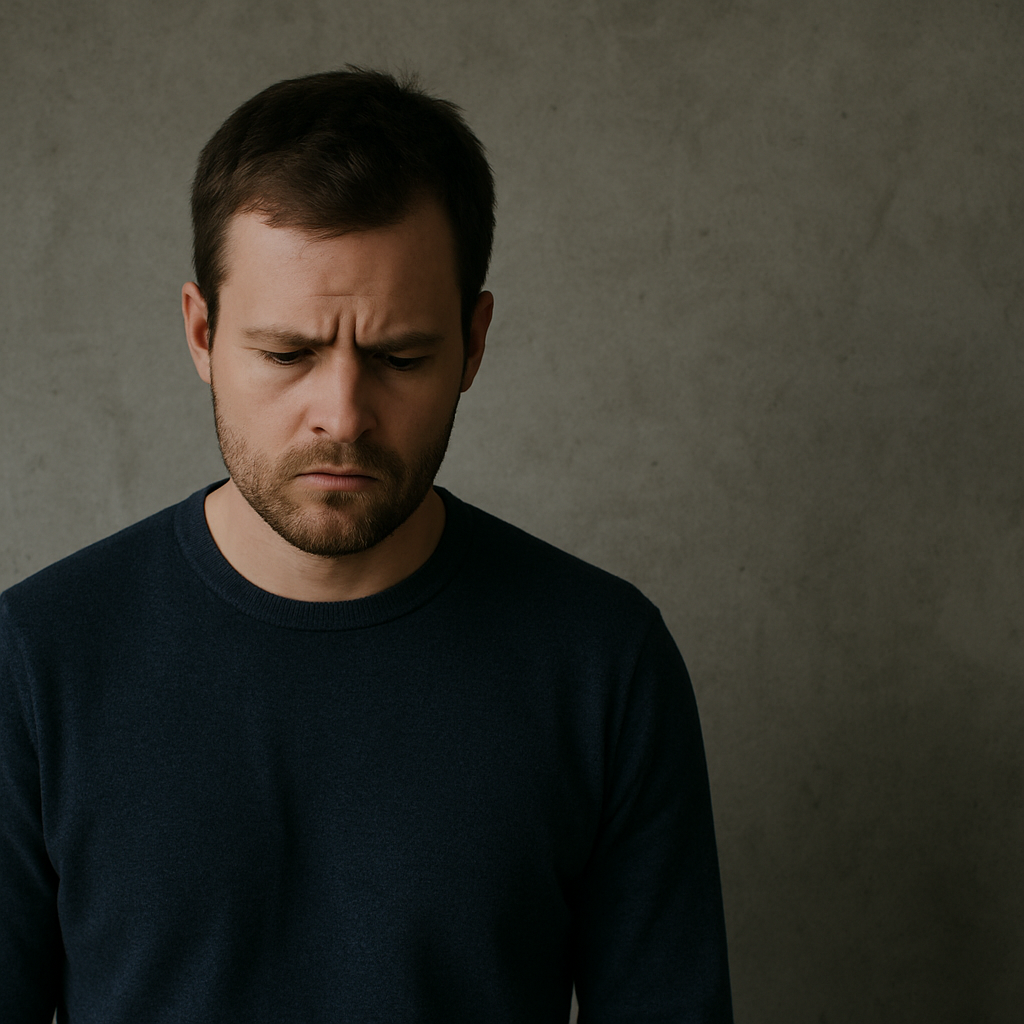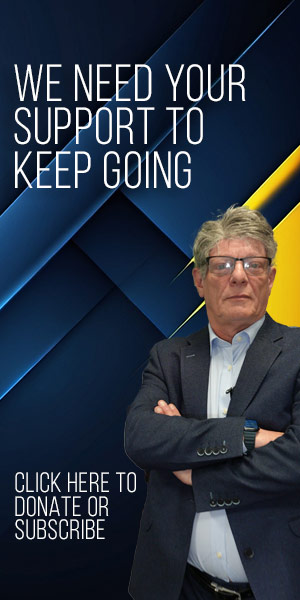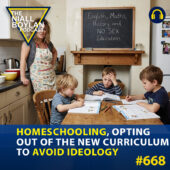Human, Not Villain: The Other Side of Identity Politics

In today’s social landscape, it often feels like it’s open season on single white men. Across media, social platforms, and live debates, there’s a growing trend where white men are singled out, not for anything they’ve done, but for what they represent: a history of oppression, power, and privilege. But what happens when that history doesn’t match the lived reality of the individual? What happens when a white man, who has faced classism, exclusion, and even racism himself, is constantly told he’s the bad guy?
Welcome to the era of reactionary racism — a phenomenon that isn’t driven by hatred, but by frustration, alienation, and exhaustion.
Frustration Mislabelled as Hatred
There’s a critical distinction between being a racist and saying something racist in a moment of anger or hurt. That doesn’t excuse the words, but it does humanize the experience behind them. Many people, particularly working-class white men, feel unfairly blamed for historical wrongs they had no part in. They’re being asked to carry the weight of colonialism, slavery, patriarchy, and systemic oppression — not just academically, but personally. And in the pressure of that blame, some lash out. Not from a place of supremacy, but from a deep sense of being misunderstood, mislabeled, and ignored.
This reaction — while it can result in racist rhetoric — is often more about resentment than genuine prejudice. It’s a pushback against being told “you’re privileged” when you’ve known hunger. It’s a rebuttal to being accused of oppressing others while feeling oppressed yourself by an indifferent government or a broken social system.
When Media Distorts Reality
Much of this narrative is fueled by media — especially social media. TikTok live panels, YouTube debates, and TV interviews often frame discussions around identity and race in ways that escalate conflict. They seek the loudest, most offensive voices, and ignore the more thoughtful or nuanced ones.
When protests happen, like in Coolock against an IPAS center, media crews zero in on the handful of people shouting racist slogans — ignoring the many locals who are articulating genuine, respectful concerns about community resources, safety, or lack of consultation. These concerns, often rooted in economic hardship, feelings of neglect, and anxiety about rapid demographic shifts, are real and deserve attention. But instead of engaging with those issues, national outlets tend to present the event as a simplistic battle between good and evil.
It’s worth noting that even among those who shouted crude or offensive things, many may not be racists at heart. Their reaction is a product of deep-seated frustration, not ideology. They’ve been pushed to the edge by years of being ignored and talked down to — by a political system that fails them and a media landscape that mocks them. This is reactionary, not calculated. It’s messy human emotion, not an organized hate movement.
The Oppression Olympics
Modern discourse often feels like a race to the bottom — a contest to see who has suffered most. Irish Travellers, Black communities, women, the LGBTQ+ community — all have legitimate claims to historic and ongoing struggles. But in this competition, there’s little room left for others who’ve been hurt by different systems: the working poor, those without strong family support, or those who faced violence, addiction, or class prejudice.
When a white man speaks of his own struggles, he’s often met with indifference or even hostility. His experiences are dismissed, his pain disqualified. But this, too, is a form of oppression. And it breeds resentment — not against minorities, but against a cultural script that denies his reality.
Classism: The Forgotten Axis
Too often, discussions about privilege ignore class. Yet it’s arguably the most defining factor in a person’s access to opportunity. A white man from a broken home in a struggling estate may have far less power, influence, or voice than a middle-class person of any ethnicity. But that complexity rarely makes the headlines. And so, the stereotype persists: white equals privileged. End of discussion.
Real People, Real Lives
Here’s a truth that rarely gets airtime: most people aren’t playing the blame game. Most Black individuals, Travellers, women, and LGBTQ+ people are not waking up every day looking for someone to accuse or shame. They’re going about their lives — working, raising families, studying, helping their communities, and dealing with their own challenges quietly and respectfully.
It’s not the majority causing the uproar. It’s the vocal minority — the same loud voices, amplified online and on TV, who dominate public discourse. These individuals often repeat talking points they’ve heard, not necessarily ones they’ve deeply considered. It becomes performative — a race to outdo each other in moral outrage without offering real solutions or showing real empathy.
As the saying goes, “empty vessels make the most noise.” And in this case, it’s the emptiest, most inflammatory voices that paint an exaggerated picture of constant division. The vast majority of people — regardless of background — want fairness, dignity, and peace. They are not the problem. They are the silent, dignified majority trying to live decent lives amid the chaos of a culture obsessed with blame.
A Double Standard No One Wants to Talk About
It’s become culturally acceptable — even fashionable — for minority voices on social media to make sweeping, derogatory statements about white people, particularly white men. These comments are often left unchallenged by media outlets or even encouraged in some circles under the banner of “speaking truth to power.” But if the roles were reversed, the consequences would be swift and severe.
If a white man were to say even 1% of what is now regularly said about his own group, he could lose his job, his family’s respect, and his standing in his community. Careers have ended, reputations destroyed, and lives upended over a single poorly worded comment or a misunderstood phrase — often taken out of context and amplified beyond reason.
Take the George Floyd protests, for example. In the chaos and emotional heat, there were instances of white individuals being dragged out into the streets and beaten — acts that resembled modern-day lynchings. These incidents received little to no mainstream media attention. Had the races been reversed, it’s likely we would have seen civil unrest on an international scale, 24/7 news coverage, and endless political condemnation. This glaring double standard fuels resentment, not because people seek revenge, but because they seek fairness.
We can’t build unity by pretending some people’s dignity matters less than others’. If it’s wrong to dehumanize someone based on race — then it’s always wrong, regardless of who the target is.
The Need for Nuance and Dialogue
If we want to move forward — and not just stew in historical guilt and modern division — we need to listen. To everyone. Not just those who check the right identity boxes. That means creating space for white men to speak their truths without being branded as fragile, defensive, or dangerous.
Most white men are not racists. Most just want to live in peace, with fairness, respect, and dignity. They don’t deny the pain others have felt — but they’d like their own pain to count, too. They’re not asking for sympathy. Just a fair hearing.
Driving Forward, Not Backward
You can’t drive forward while constantly looking in the rearview mirror. And yet, much of today’s activism and public discourse is fixated on the past — who did what to whom, and who should pay for it. But real progress means looking at the road ahead. It means asking: what kind of society do we want to build now?
If we want that society to be equal, then everyone must be seen. Everyone must be heard. Even — and maybe especially — those who’ve been cast as the villain by default.
It’s time to replace blame with dialogue. Anger with empathy. Identity politics with shared humanity.
Because the future isn’t about who suffered most.
It’s about how we heal — together.








